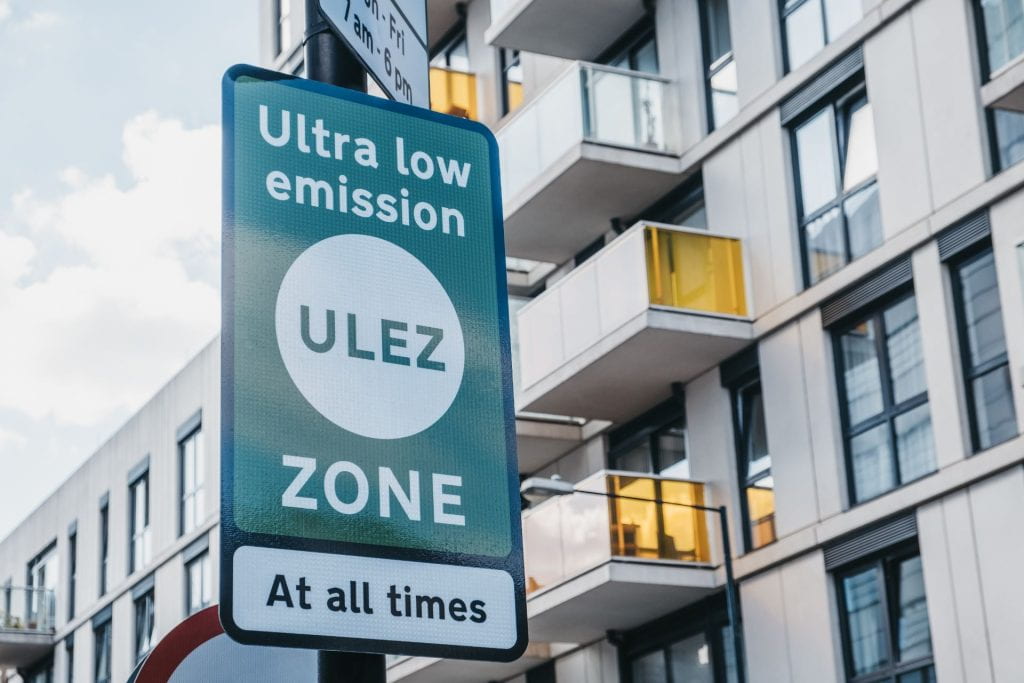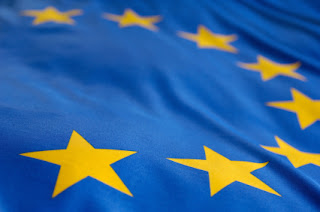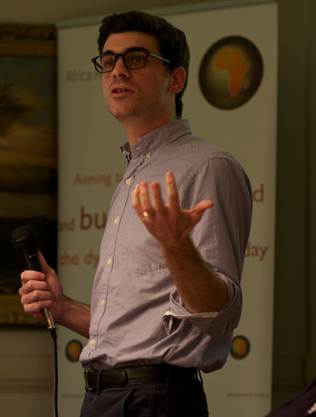
A byelection in a London suburb has placed environmental policy at the centre of political debate in the UK, and could make it a key battleground in the next general election.
The Conservative party narrowly held former prime minister Boris Johnson’s seat in Uxbridge and South Ruislip, vacated after his resignation from parliament. The win has been cast as a victory driven by popular anger against climate policy, particularly London’s ultra-low emissions zone (Ulez) – an area where drivers of the highest-polluting vehicles must pay a fee.
The winning candidate positioned himself as the anti-Ulez choice, tapping into local anger at the policy. But as comments from media and politicians show, the Uxbridge story signals a new stage of national politics that demonises environmental policies. And my research suggests this could develop into an important new front in the culture war, with the power to help determine the next election.
The Ulez, created by Boris Johnson as mayor of London in 2015, is a restricted area covering central London, where vehicles must meet emissions standards or pay £12.50 to enter. Most petrol cars registered after 2005 and diesel cars registered after 2015 meet the standards. It’s primarily a public health policy, with the goal to reduce air pollution and encourage the use of low-emission vehicles.
It is due to expand into London’s outer boroughs in August 2023 – an area 18 times larger than the original zone. Legal battles and public protests have blamed London’s Labour mayor, Sadiq Khan, for the expansion of the policy.
The opposition to Ulez is highly partisan. Nationally, 59% of Conservatives oppose Ulez schemes compared to 23% of Labour voters. In London, 72% of those who voted Leave in the 2016 Brexit referendum opposed the Ulez expansion. Former Remain voters are evenly split, with 44% in support and 44% against the policy.
The Conservative prime minister, Rishi Sunak, has now distanced the government from green policies that could contribute to household expenses. Labour leader Keir Starmer acknowledged the role that Ulez played in the loss, saying that “policy matters” in elections. He also called on Khan to “reflect” on the Ulez expansion.
Climate change culture wars
My research shows net-zero policies are the next target of right-wing populism and culture wars in the UK. Narratives are emerging that tie complaints about climate policies being undemocratic or expensive to issues of Brexit, energy security and a “green elite”.
Last year, Nigel Farage called for a referendum on net-zero, policies that, in his words, had “been imposed upon people without any public discussion.”
This narrative is evident in the opposition to Ulez, despite evidence for the scheme. Air pollution has dropped dramatically one year into the Ulez expansion across inner London, and most cars in London’s outer boroughs fulfil the Ulez standards and would be unaffected by the expansion.
Yet videos of anti-Ulez protests show placards reading “Stop the toxic air lie”, a cardboard coffin with “democracy” written across it and protesters complaining about a lack of fairness and transparency in the policy.
Climate and public health measures are now linked in broader ideological battles about political and economic priorities. These policies have become fertile ground for anybody seeking to rally new supporters. Those supporters will come from groups whose day-to-day lives are impacted by these policies.
Green policies
The Ulez is not the first environmental policy to face public opposition. In 2009, the UK saw a popular campaign against the replacement of incandescent lightbulbs with LEDs.
More recently, bollards that designate low-traffic neighbourhoods have been set on fire. Opposition to these schemes has also been co-opted by conspiracy theorists arguing that climate policies are an attempt to take away personal freedoms.
We have seen the consequences of such debates before. A decade before Sunak, Conservative prime minister David Cameron stepped back from environmental policies, calling for ministers to “ditch the green crap”. This arguably led to a “lost decade” in climate policy, as well as the slowing of policies that would have reduced vulnerability in the recent energy crisis.
There is reason to hope that the coming election will be different. Public concern about the climate remains high: 67% of British people surveyed worried about climate breakdown.
And people are more likely to think that the government should do more, not less, in climate policy. New polling shows that climate concern is likely to pay off for Labour.
As I’ve argued, green policies can transform neighbourhoods. But governments must also recognise how such policies affect people’s everyday struggles, like cost of living, which are likely to dominate the next electoral cycle.
Policies must minimise impacts that disproportionately impact some groups over others. People living in London’s outer suburbs, without wide access to public transport, are more likely to own a car – driving local opposition to the Ulez in places like Uxbridge.
Ways to address this include paying people to scrap older vehicles. This is something Khan has put in place for Londoners, but has not had the government support to expand it to people living around London who would be affected when they drive into the capital.
Khan has spoken about opposition to the Ulez expansion as an “orchestrated campaign” that has moved beyond many Londoners’ “genuine concerns”. But concerns about Ulez aren’t limited to those engaging in conspiracy theories. They include residents worried about the getting to work, the school run, or caring for elderly relatives. These are problems that should be ironed out by comprehensive and sensitive policies that maximise the benefits of any change.
The coming election
The fact that a candidate can win on an anti-Ulez platform shows the effectiveness of simplifying climate action and its outcomes into what people can lose, and failing to emphasise the benefits.
The current debates miss a key point of climate action: it is never just about emissions. Opposition to the Ulez is not exclusively resistance to climate policy. It is dissent over who it impacts, and how.
The Labour party must decide whether to retreat from or double down on climate action. If the latter, the next general election will be fought as a climate change culture war.
On one side will be a group seeking to portray climate action as a costly, undemocratic and unfair exercise. On the other must be a call for climate policy that is about cleaner air, warmer homes and healthier neighbourhoods, without disproportionately impacting certain groups of people.
This blog is written by Dr Ed Atkins, Senior Lecturer, School of Geographical Sciences, University of Bristol. This article is republished from The Conversation under a Creative Commons license. Read the original article.





















